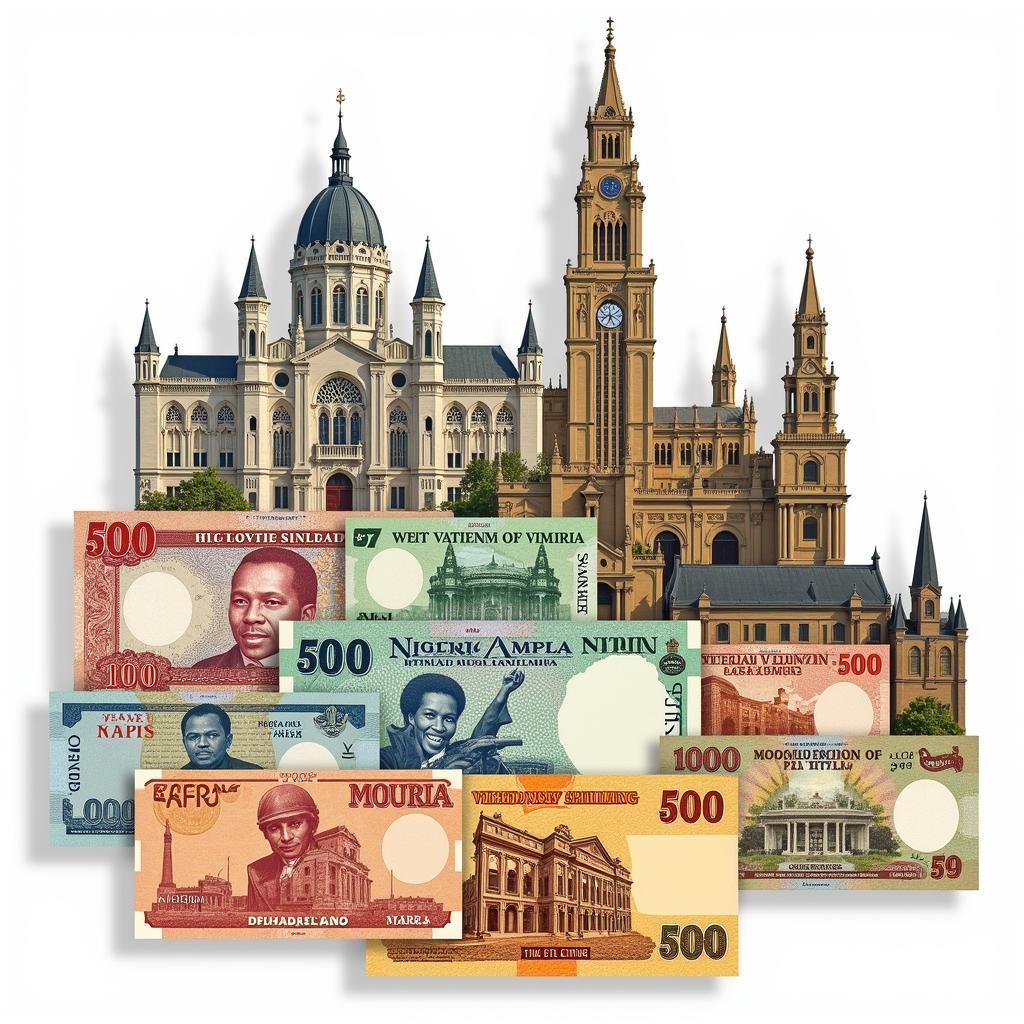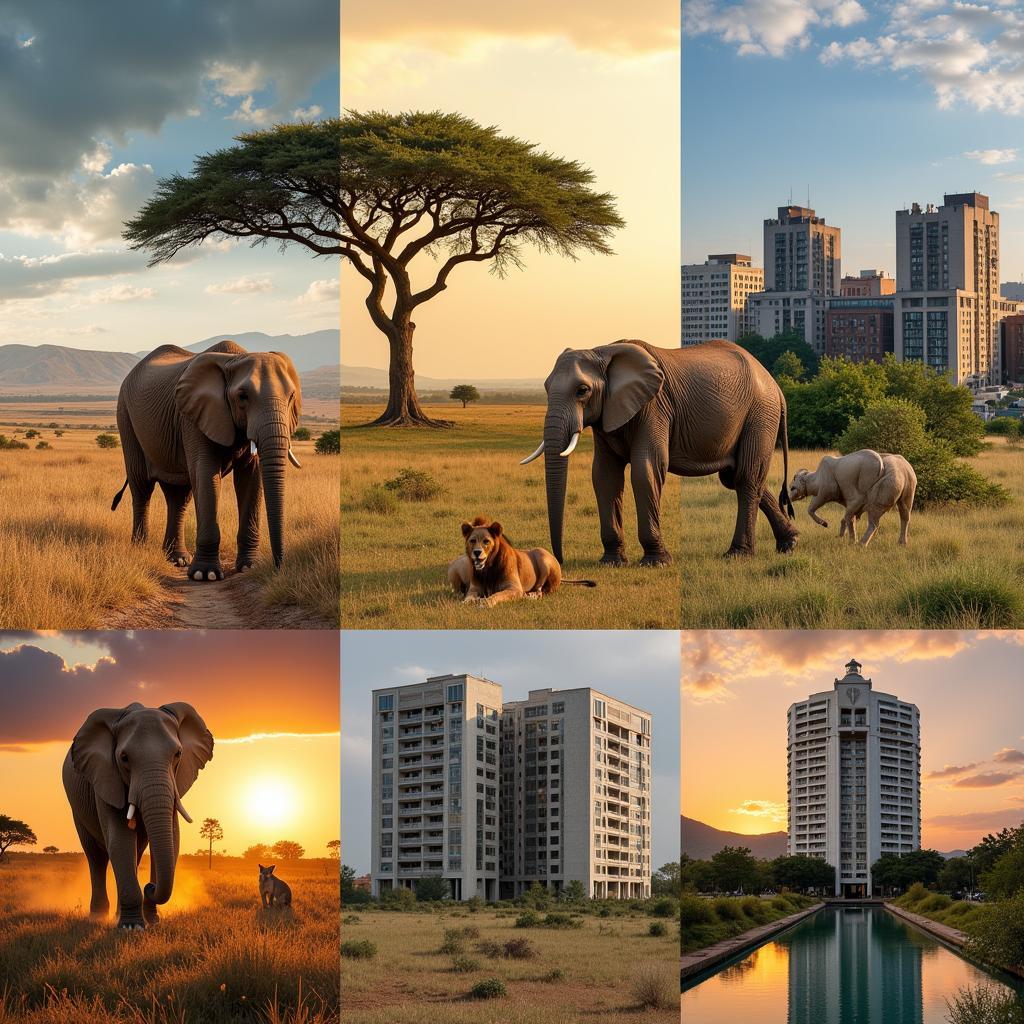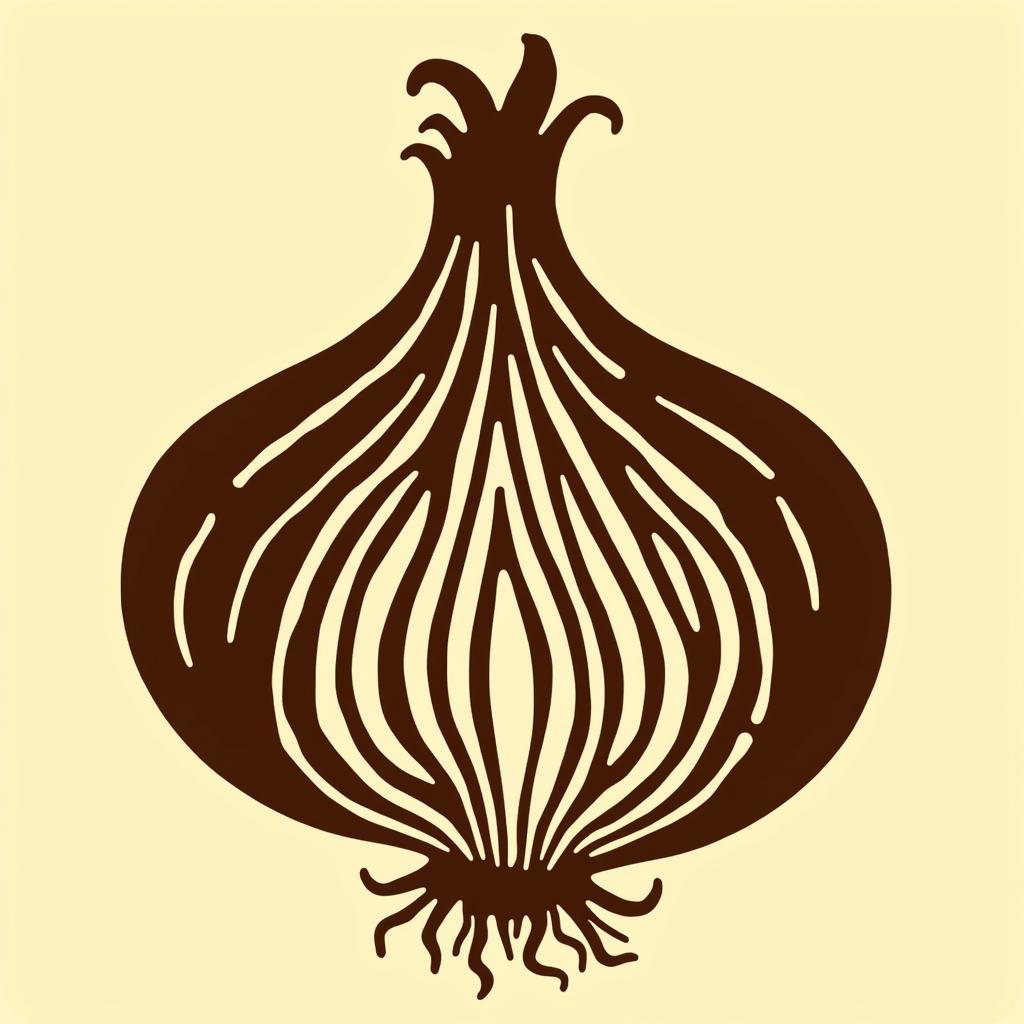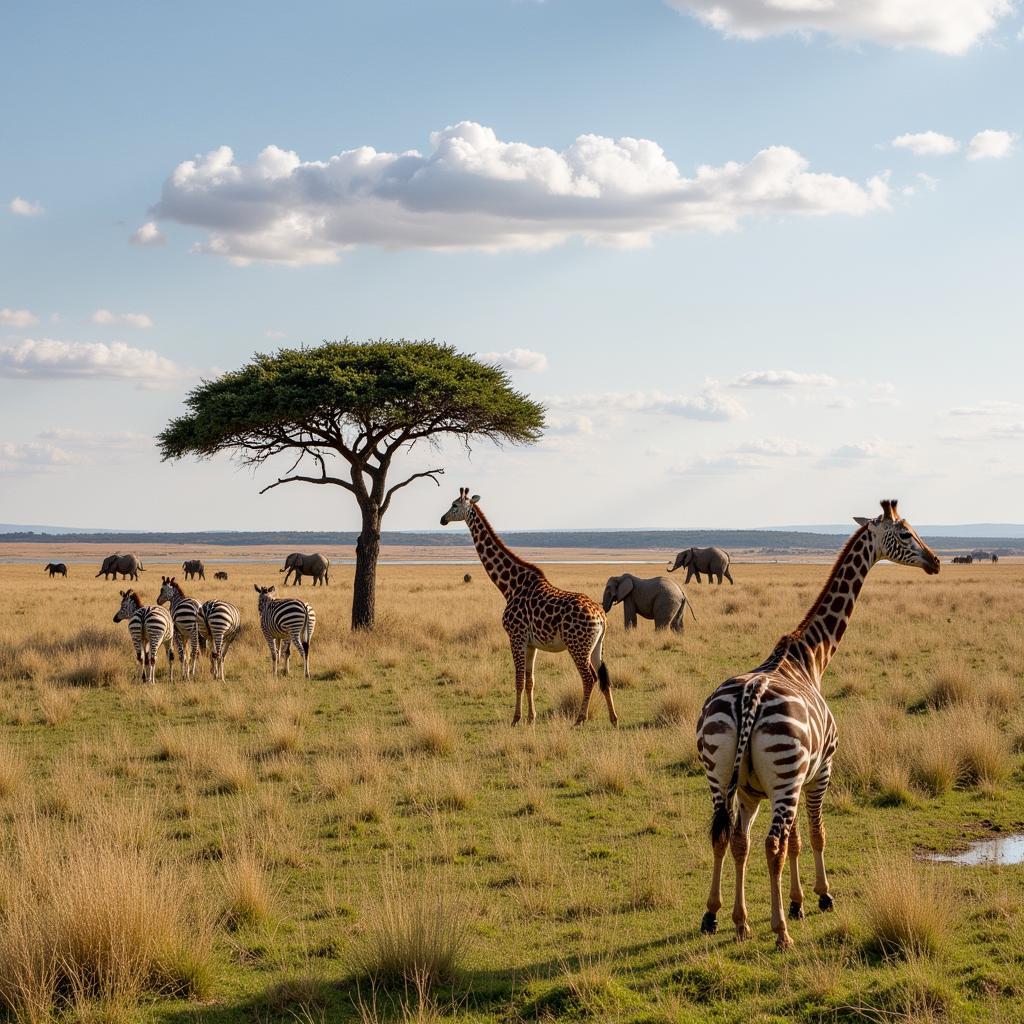African Continent Countries Capital and Currency: A Comprehensive Guide
Africa, a continent of vibrant cultures and rich history, boasts 54 recognized sovereign states, each with its unique capital city and currency. This guide offers a comprehensive overview of the African Continent Countries Capital And Currency, providing valuable insights into their economic and political landscapes. african continent countries with capital and currency
Understanding African Currencies and Capitals
African currencies reflect the diverse historical and political influences that have shaped the continent. From the West African CFA franc, tied to the Euro, to the South African Rand, a prominent currency in the region, each monetary unit tells a story of economic development and international relations. Similarly, the capital cities of Africa serve as centers of government and cultural hubs, reflecting the unique character of each nation.
Why Knowing African Capitals and Currencies is Important
Understanding the capitals and currencies of African countries is crucial for anyone engaging with the continent, whether for business, travel, or academic pursuits. This knowledge facilitates smooth transactions, fosters cultural understanding, and provides a deeper appreciation for the economic dynamics at play. For instance, knowing the exchange rate between the Moroccan Dirham and the Nigerian Naira is essential for trade between these two nations.
 African Currency and Capital City Overview
African Currency and Capital City Overview
Exploring African Countries, Capitals, and Currencies: A Regional Perspective
Africa’s vastness and diversity are best understood by examining its regions. From the North African countries bordering the Mediterranean Sea to the Southern African nations rich in mineral resources, each region presents a unique tapestry of cultures, economies, and political systems.
North Africa
North Africa, influenced by Arab and Berber cultures, boasts bustling capital cities like Rabat, Morocco, and Cairo, Egypt. The region’s currencies, such as the Egyptian Pound and the Algerian Dinar, reflect its historical ties and economic strengths.
West Africa
West Africa, known for its vibrant music and diverse ethnic groups, is home to countries like Nigeria, with its capital Abuja and currency the Naira, and Ghana, with its capital Accra and currency the Cedi. The economic activities in this region range from agriculture to oil production.
East Africa
East Africa, a region of stunning landscapes and abundant wildlife, features countries like Kenya, with its capital Nairobi and currency the Kenyan Shilling, and Tanzania, with its capital Dodoma and currency the Tanzanian Shilling. african countries and capitals map pdf Tourism and agriculture are significant contributors to the region’s economy.
 East African Wildlife and Capital Cities
East African Wildlife and Capital Cities
Central Africa
Central Africa, a region of dense rainforests and significant natural resources, includes countries like the Democratic Republic of Congo, with its capital Kinshasa and currency the Congolese Franc, and Cameroon, with its capital Yaoundé and currency the Central African CFA franc.
Southern Africa
Southern Africa, known for its rich mineral resources and diverse landscapes, features countries like South Africa, with its capital Pretoria (administrative) and currency the Rand, and Botswana, with its capital Gaborone and currency the Pula. african beauty world windhoek
 Southern African Landscapes and Cityscapes
Southern African Landscapes and Cityscapes
What are the major currencies used in Africa?
Many African countries have their own unique currencies, reflecting their individual economic and political histories. Some of the most widely traded currencies include the South African Rand, the Nigerian Naira, the Kenyan Shilling, and the Moroccan Dirham.
How are African currencies impacted by global markets?
Like currencies worldwide, African currencies are influenced by fluctuations in global markets, commodity prices, and international trade relations. Factors such as inflation, interest rates, and political stability also play a significant role in determining the value of African currencies. african islands names
Conclusion
Understanding the African continent countries capital and currency is essential for anyone looking to engage with this dynamic and diverse region. This knowledge fosters better communication, facilitates trade, and provides a deeper understanding of the economic and political landscape of each nation. african culture in hindi
Dr. Adebayo Olajide, a renowned economist specializing in African markets, notes, “African currencies reflect the continent’s complex economic history and its ongoing integration into the global economy. Understanding these currencies is crucial for navigating the African market.”
Another expert, Dr. Fatima Mboup, a cultural anthropologist specializing in African societies, adds, “The capital cities of Africa are not just centers of government, but also vibrant cultural hubs that showcase the unique traditions and heritage of each nation.”
Need Support? Contact us 24/7:
Phone: +255768904061, Email: [email protected], or visit us at Mbarali DC Mawindi, Kangaga, Tanzania.

